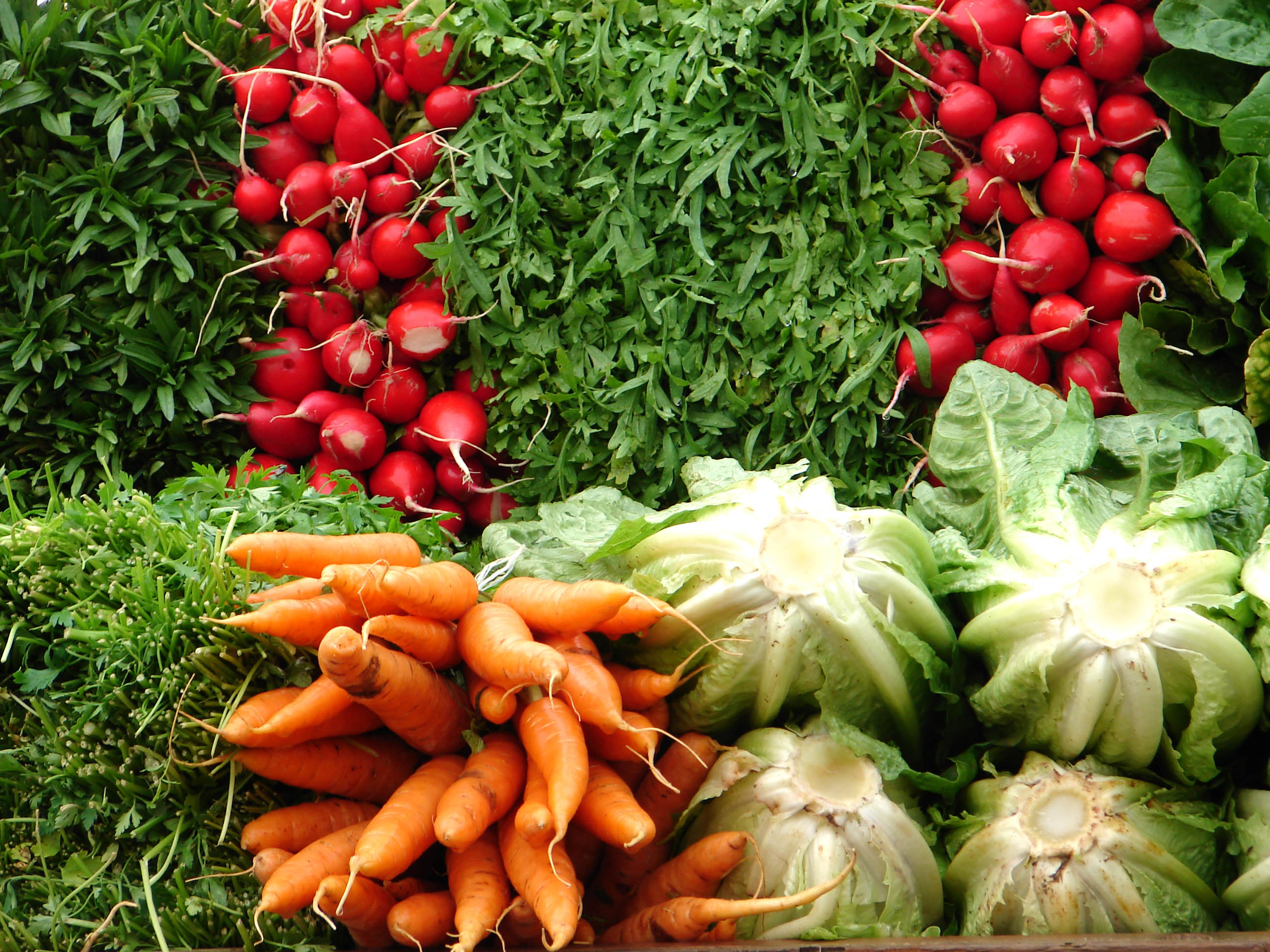Eating healthy and sustainably

Diet choices affect not only an individual’s health. How people eat also has a significant impact on the planet.
Eating more sustainably can help improve health while ensuring the planet has enough resources to feed future generations.
Increases in food production over the past several decades have positively impacted life expectancy, hunger, infant and child mortality and poverty. Unfortunately, these changes also have shifted people toward unhealthier diets — high in processed foods, added sugar and animal products. This shift to modern diets, for all its convenience and low cost, can compromise human health and be detrimental to the environment, especially as the global population grows. Industrial agriculture consumes a lot of natural resources, leading to deforestation and species extinction. Food production makes up about 30% of global greenhouse gas emissions (about 15% from the livestock sector alone) and accounts for approximately 66% of water usage. In short, current dietary patterns in many parts of the world demand more from the planet than is sustainable in the long term.
The United Nations Food and Agriculture Organization defines sustainable diets as those that protect food security and guarantee healthy life for present and future generations. In 2019, the EAT-Lancet Commission developed scientific targets for healthy and sustainable food systems. The “planetary health diet” is characterized by high-quality plant-based foods and low amounts of animal-based foods, refined grains, added sugars and unhealthy fats. It includes more legumes, such as beans and lentils, whole grains, vegetables, fruits and nuts, and it is designed to be flexible based on culture and geography. According to the commission, around 11 million early deaths could be avoided each year with the adoption of the planetary health diet. Lower consumption of fat, meat and sugar also reduces the risk of health conditions such as cancer and type 2 diabetes.
There are lots of ways to eat healthier, discover new foods and flavors and be more sustainable. Focusing on seasonal and local foods, reducing food waste and learning more about where food comes from are just a few changes people can incorporate into their diet.
On April 12 from 6 p.m. to 7:30 p.m., the UNMC community is invited to a virtual event focused on healthy and sustainable food. Peter Pellerito from the UNMC Center for Healthy Living will talk about maintaining a nutritious diet, followed by a live cooking demo with Prepped by Lauren, a local small business specializing in healthy food prep. Register here.
